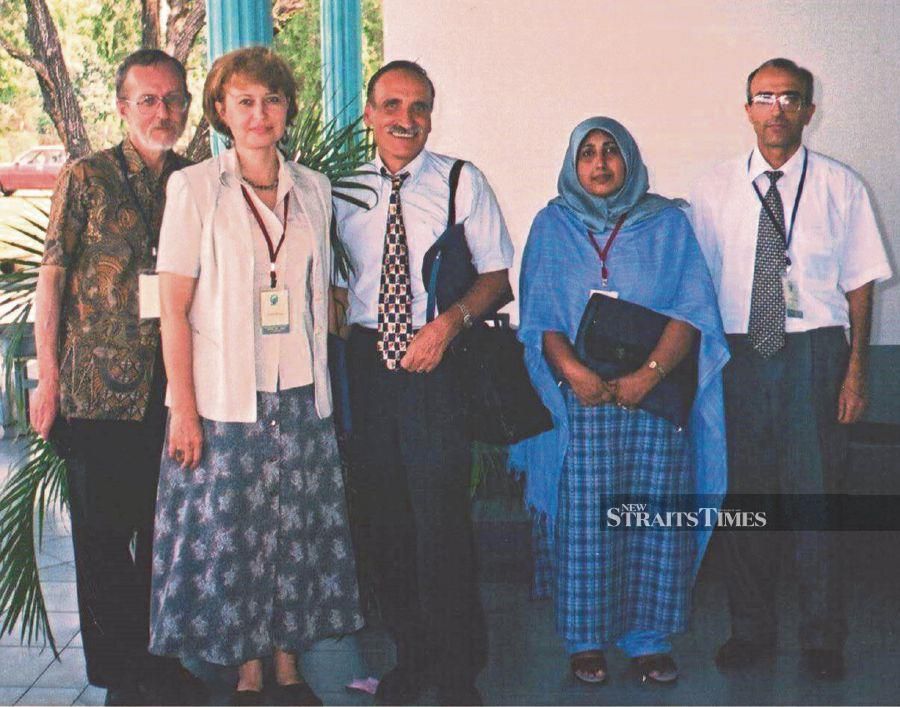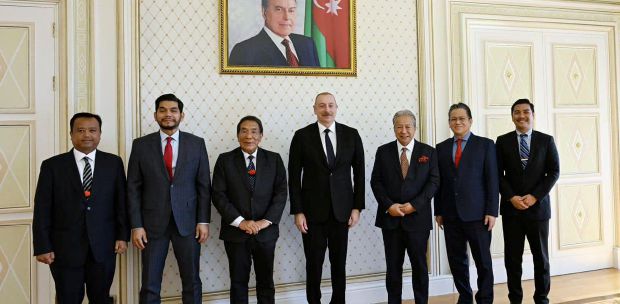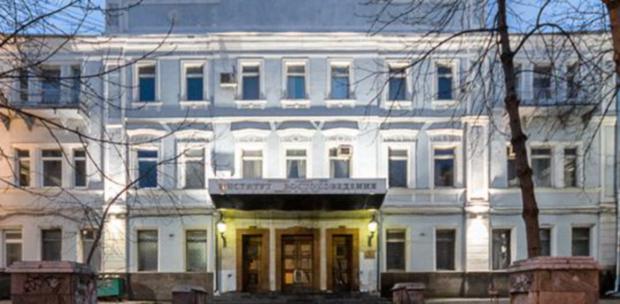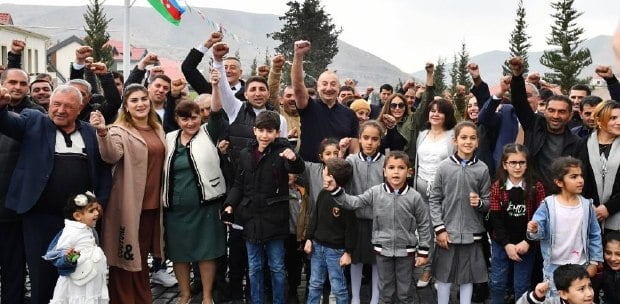Professor Habib Zarbaliyev lives in Baku, the capital of Azerbaijan, but his heart is torn between his homeland and the Nusantara region, the subject of his interests.
This interest manifested itself early. No sooner had he graduated from Leningrad State University in 1981, he published his first work — a monograph about the Minangkabau language.
Habib was born in 1953 in the village of Khurshud, Salyan region of Azerbaijan. In 1972, he graduated with honours from the Pedagogical College in Ali Bayramli.
He began his career as a primary school teacher in the village of Narimanovka in the Pushkin (now Bilasuvar) region.
From 1973 to 1975, he served in the Soviet army, and then worked as a primary school teacher in his native village from 1975 to 1976.
After that, he entered the Oriental Faculty of Leningrad State University. In 1985, he earned his PhD with a thesis on "Numbers in Austronesian languages (linguistic number systems)".
In 1982 and 1985 to 1986, he worked at the Institute of Linguistics of the Azerbaijan Academy of Sciences as a junior researcher.
From 1991 to 1998, he lectured at the Baku Institute of Social Management and Political Science.
In 2006, as a professor at the Azerbaijan University of Languages, on his initiative, the Malay/Indonesian department was opened.
I met Habib for the first time in Kuala Lumpur in 2002 when he was conducting research on "Arabic and Persian loan words in Malay and Azerbaijani languages" under a grant from Dewan Bahasa dan Pustaka.
In 2002 and 2003, we participated in conferences and seminars at Universiti Putra Malaysia and Universiti Sains Malaysia.
Later, we became members of the jury at the International Malay Speech Competition. He impressed me with his erudition, inquisitive mind, principled position on all issues, and modesty.
All of his activities, whether research, teaching and participation in language events in Malaysia, showed his deep involvement in the Malay world, which is impossible without his love of Malaysia and the Malay language.
After being internationally recognised, he delivered reports at conferences, symposia and seminars in Germany, England, the United States, New Zealand, Fiji, Thailand, Australia, China, Taiwan, Russia, Lithuania, Kazakhstan and Georgia.
His career in Azerbaijan progressed, too. In 2010 to 2013, he headed the Accreditation Department of the Azerbaijan Education Ministry.
From 2013 to 2014, he was head of the Monitoring Department at the Institute of Linguistics of the National Academy of Sciences.
From 2016 to 2017, he headed the Centre for Multiculturalism at the Caucasus University, and worked as a translator in negotiations between leaders of Indonesia and Azerbaijan.
And recently, I got acquainted with another feature of Habib — his hospitality.
He warmly welcomed me and my wife to Baku and proudly showed us the places of interest, including the unique carpet museum, built on the initiative of the first lady of Azerbaijan, Mehriban Aliyeva.
Now, we often correspond, share our thoughts and feelings. Our common love of the Nusantara brought us closer.
His daughters, Laura and Nabiya, followed in his footsteps. Both graduated from Yogyakarta State University. Laura now helps him teach Malay/Indonesian, while Nabiya is doing her PhD in Indonesia.
Their achievements are a symbol of his love and a sign that he will continue to produce new specialists in the Malay language, culture, literature and other fields, so Baku will be another important centre of Malay studies in the world.
The writer, writing from Russia, is a former lecturer of Universiti Malaya
The views expressed in this article are the author's own and do not necessarily reflect those of the New Straits Times





